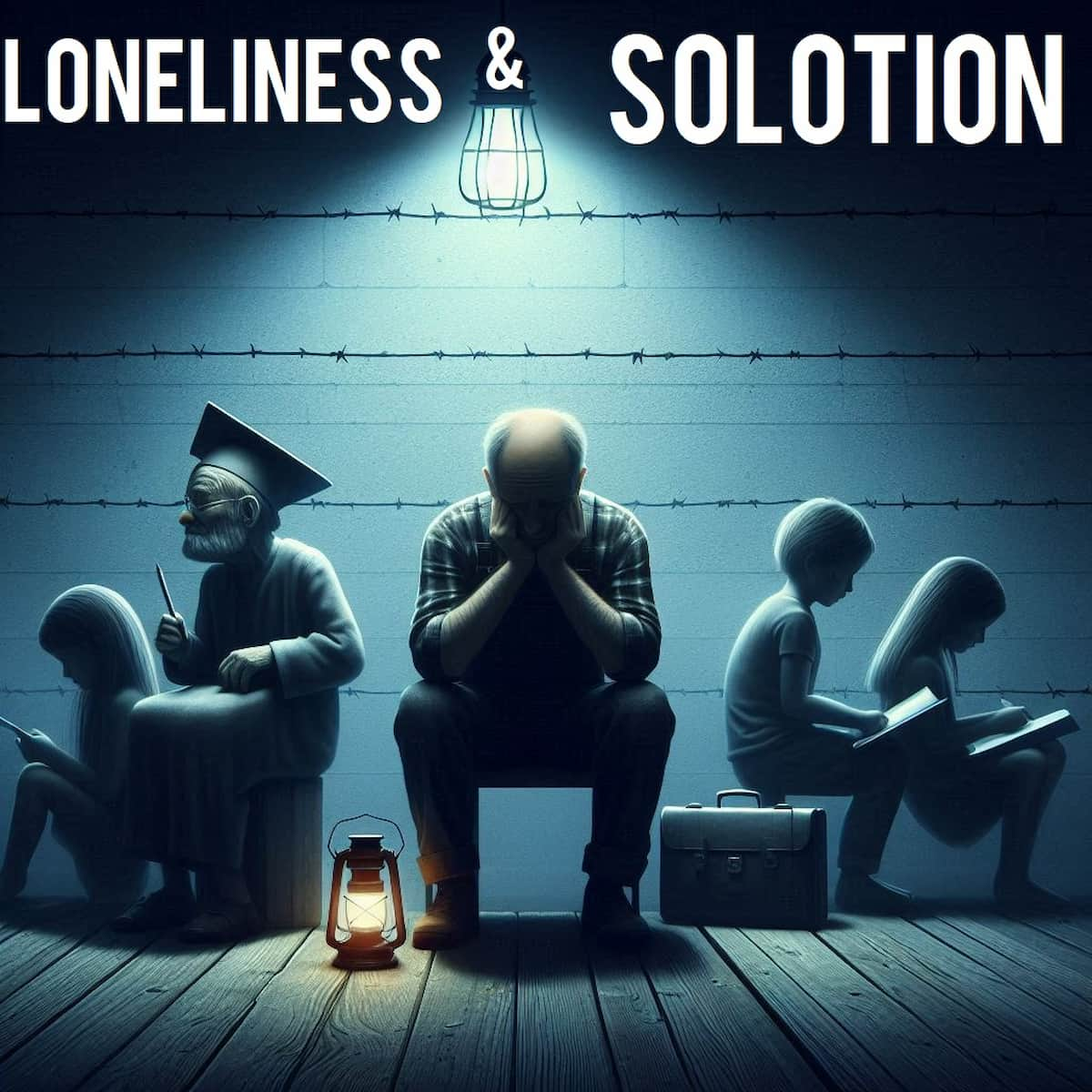Loneliness isn’t just a condition of the heart; it can also affect our physical well-being in profound ways. In this comprehensive guide, we’ll delve into the intricate relationship between loneliness and physical health, uncovering the effects of social isolation on our bodies and offering strategies for maintaining holistic well-being.
Key Takeaway:
Loneliness is not only detrimental to our emotional health but can also have serious implications for our physical health. By understanding the connection between loneliness and physical health and implementing strategies to foster connection and support, we can promote overall wellness and vitality.
The Impact of Loneliness on Physical Health
Effects on the Body:
- Weakened Immune System: Chronic loneliness can weaken the immune system, making individuals more susceptible to infections, illnesses, and inflammatory diseases.
- Increased Inflammation: Loneliness is associated with higher levels of inflammation in the body, which can contribute to a range of health conditions, including heart disease, diabetes, and cancer.
- Elevated Stress Response: Loneliness triggers the body’s stress response, leading to elevated levels of stress hormones such as cortisol, which can have detrimental effects on cardiovascular health and metabolic function.
- Sleep Disturbances: Loneliness is linked to sleep disturbances and poor sleep quality, which can further exacerbate physical health problems and increase the risk of chronic conditions.
Strategies for Promoting Physical Health and Well-Being
1. Cultivate Social Connections:
- Prioritize Relationships: Invest time and effort in nurturing meaningful relationships with friends, family members, and community members.
- Join Social Groups: Seek out social groups, clubs, or volunteer organizations where you can connect with like-minded individuals and engage in shared activities.
- Utilize Technology: Use technology to stay connected with loved ones, whether through video calls, social media, or online communities.
2. Practice Self-Care:
- Exercise Regularly: Engage in regular physical activity, such as walking, swimming, or yoga, to promote cardiovascular health, reduce inflammation, and boost mood.
- Eat a Balanced Diet: Maintain a nutritious diet rich in fruits, vegetables, lean proteins, and whole grains to support immune function and overall well-being.
- Prioritize Sleep: Establish a regular sleep schedule and create a relaxing bedtime routine to promote restful sleep and improve physical health.
3. Seek Professional Support:
- Therapy or Counseling: If feelings of loneliness are impacting your physical health and well-being, consider seeking support from a therapist or counselor who can provide guidance and strategies for coping with loneliness.
- Medical Check-Ups: Schedule regular medical check-ups with your healthcare provider to monitor physical health indicators such as blood pressure, cholesterol levels, and inflammation markers.
Conclusion
Loneliness is not just a state of mind; it can also affect our physical health and well-being in significant ways. By understanding the connection between loneliness and physical health and implementing strategies to foster social connections, prioritize self-care, and seek professional support when needed, we can promote overall wellness and vitality. Remember, taking care of your physical health is essential for maintaining a happy, healthy life, and nurturing meaningful relationships can be a powerful antidote to loneliness.















